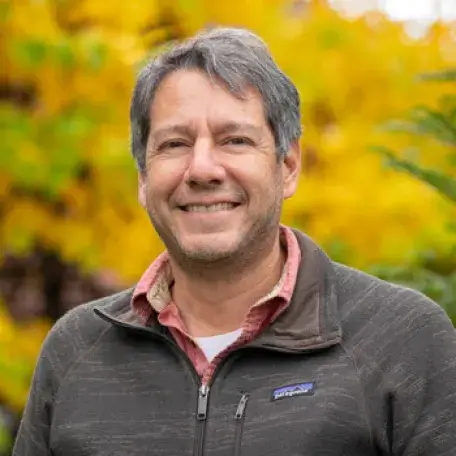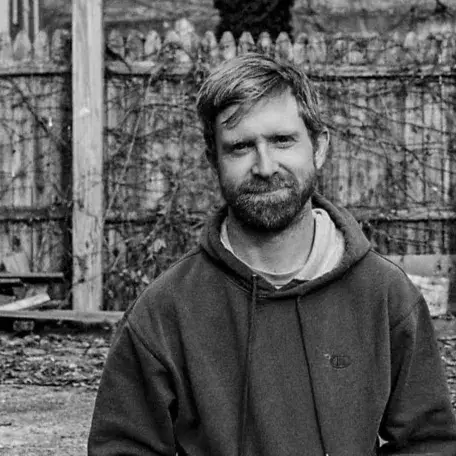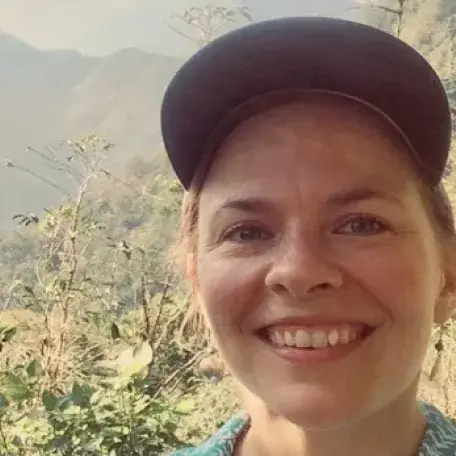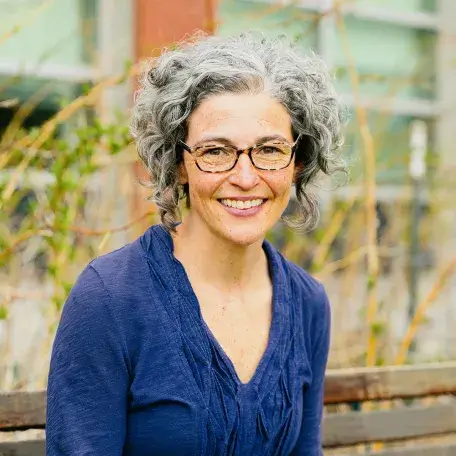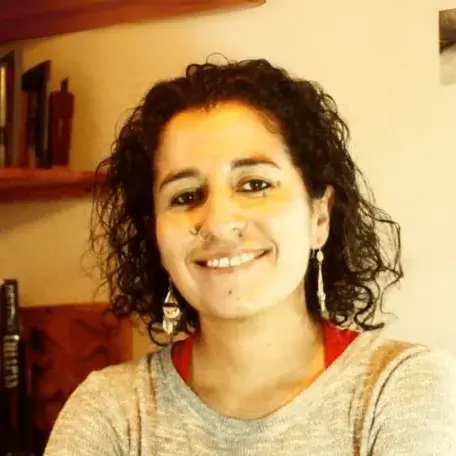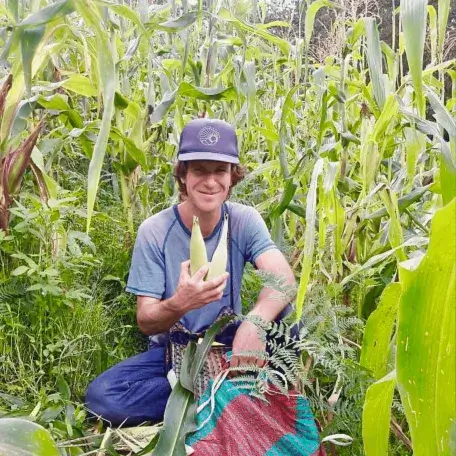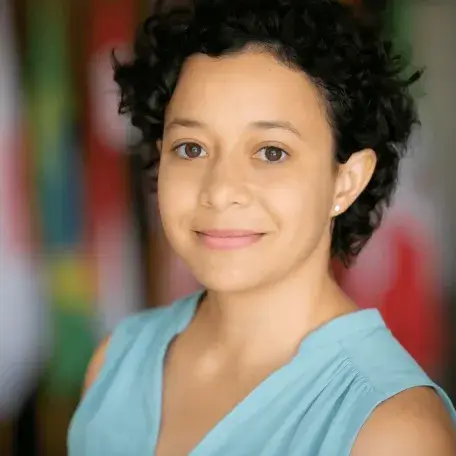Where We Work
Project Research Leads
Research Affiliate • Ph.D. Student in Transdisciplinary Leadership, Creativity and Sustainability • Gund Graduate Fellow
martha.caswell@uvm.eduResearcher, Universidad Veracruzana
Senior Research Fellow, University of Plymouth (UK)
Ph.D. Student, Stockholm Resilience Institute
Coffee Research Alumni
Materials & Publications
Materials & Publications
Recent Publications
Agroecology and Livelihoods Collaborative (ALC), and the Gund Institute for Environment. (2020) Agroecology and livelihoods in global coffee systems. Diverse, multifunctional farms key to sustainability. Research brief, December. University of Vermont, Burlington, U.S.A: Agroecology and Livelihoods Collaborative, and the Gund Institute for Environment. Google Scholar
Anderzén, J. (2023) ‘No solamente del café puede Vivir Uno…’: participatory action research on agricultural diversification in smallholder coffee systems of Chiapas, Mexico. Graduate College Dissertations and Theses, 1680. Burlington: University of Vermont. Available at: https://scholarworks.uvm.edu/graddis/1680
Anderzén, J., Guzmán Luna, A., Luna-González, D.V., Merrill, S.C., Caswell, M., Méndez, V.E., Hernández Jonapá, R. and Mier y Terán Giménez Cacho, M. (2020) ‘Effects of on-farm diversification strategies on smallholder coffee farmer food security and income sufficiency in Chiapas, Mexico’, Journal of Rural Studies, 77, pp. 33–46.
Guzmán Luna, A., Bacon, C.M., Méndez, V.E., Flores Gómez, M.E., Anderzén, J., Mier y Terán Giménez Cacho, M., Hernández Jonapá, R., Rivas, M., Duarte Canales, H.A. and Benavides González, Á.N. (2022) ‘Toward food sovereignty: transformative agroecology and participatory action research with coffee smallholder cooperatives in Mexico and Nicaragua’, Frontiers in Sustainable Food Systems, 6(August)
Co-Created Materials
Popular education posters, co-created in collaboration with the CESMACH coffee cooperative, Institute for Agroecology, Bee Lab at ECOSUR University in Chiapas, and Community Agroecology Network (CAN) illustrate different aspects of on-farm diversification in coffee landscapes. Healthy Eating Plate shows what locally relevant and nutritious diets can look like in Chiapas. Agricultural calendars highlight the tasks that go into producing coffee, corn, and honey. The pollination poster visualizes the contributions of bees and other animal pollinators to the production of food crops in coffee agroecosystems.
As part of an IFA-affiliated project and in collaboration with farmers from the CESMACH coffee cooperative, Espora Media, and the Universidad Veracruzana, the documentary, Todavía se Puede, presents the meaning of conserving the milpa - a traditional Mesoamerican method of growing corn, beans, and other crops - as told from the perspective of farming families in the Sierra Madre de Chiapas. We're happy to share this documentary with you now.
